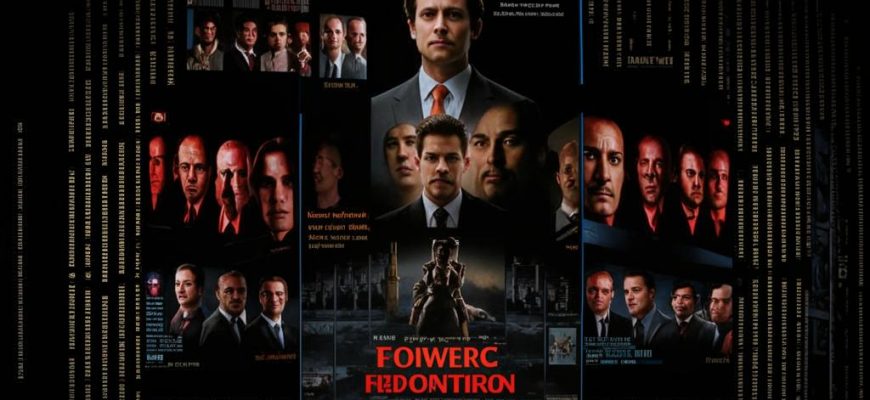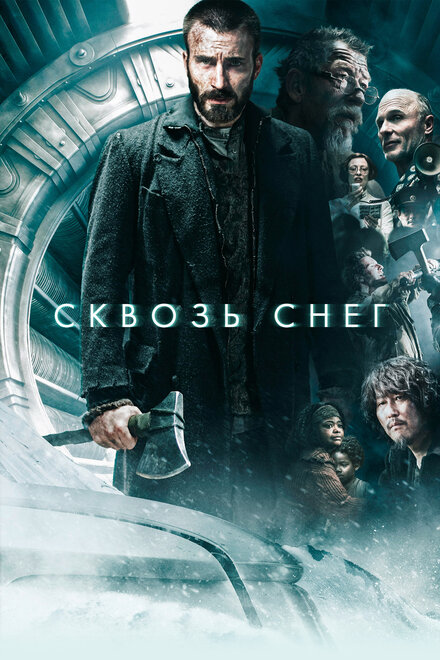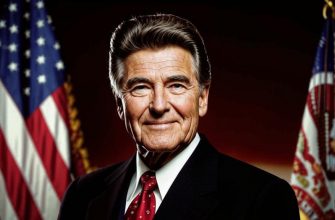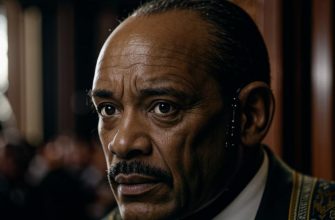Films exploring the themes of power and control often delve into the dynamics of dominance, manipulation, and the lengths individuals or groups may go to achieve or maintain authority. This genre spans a broad spectrum, including political dramas, psychological thrillers, and even dystopian narratives. Such films not only entertain but also provoke thought regarding ethical boundaries, the nature of leadership, and the impact of power imbalances on the human spirit and society.
“The Godfather”, 1972
Director: Francis Ford Coppola

This iconic crime film directed by Francis Ford Coppola explores the intricate dynamics of power, loyalty, and control within the Corleone crime family, highlighting the transformation of Michael Corleone from reluctant outsider to ruthless mafia boss.
Starring: Marlon Brando, Al Pacino, James Caan, Robert Duvall, Richard S. Castellano, Diane Keaton, Talia Shire, John Cazale, Al Lettieri, Sterling Hayden;
Production year: 1972;
Genre: drama, crime;
MPAA rating: r;
Duration: 175 min.;
Rating: IMDB: 9,2;
More information about the film “The Godfather” on the website imdb.com
“The Social Network”, 2010
Director: David Fincher

Directed by David Fincher, this biographical drama chronicles the founding of Facebook and the battles over ownership that ensued, examining themes of ambition, betrayal, and the immense power of social media.
Starring: Jesse Eisenberg, Andrew Garfield, Justin Timberlake, Armie Hammer, Max Minghella, Rashida Jones, Brenda Song, Rooney Mara, Bryan Barter, Joseph Mazzello;
Production year: 2010;
Genre: drama, biography;
MPAA rating: pg13;
Duration: 120 min.;
Rating: IMDB: 7,8;
More information about the film “The Social Network” on the website imdb.com
“There Will Be Blood”, 2007
Director: Paul Thomas Anderson

A historical drama by Paul Thomas Anderson that tells the story of a silver miner-turned-oilman on a ruthless quest for wealth during Southern California's oil boom of the late 19th and early 20th centuries. The film is a stark examination of ambition, manipulation, and the corrupting influence of power.
Starring: Daniel Day-Lewis, Paul Dano, Kevin J. O'Connor, Ciarán Hinds, Dillon Freasier, Russell Harvard, Sydney McCallister, Colleen Foy, David Willis, Martin Stringer;
Production year: 2007;
Genre: drama;
MPAA rating: r;
Duration: 158 min.;
Rating: IMDB: 8,2;
More information about the film “There Will Be Blood” on the website imdb.com
“Snowpiercer”, 2013
Director: Bong Joon-ho
This science fiction action film directed by Bong Joon-ho is set in a future where Earth has become a frozen wasteland, and the remnants of humanity live aboard a globetrotting train. A class system emerges on the train, leading to a revolt by those relegated to the back against the elite controlling the engine.
Starring: Chris Evans, Song Kang-ho, Tilda Swinton, Jamie Bell, Octavia Spencer, Ewen Bremner, Alison Pill, Ko Ah-seong, Ed Harris, John Hurt;
Production year: 2013;
Genre: science fiction, action, drama;
MPAA rating: r;
Duration: 126 min.;
Rating: IMDB: 7,1;
“The Wolf of Wall Street”, 2013
Director: Martin Scorsese
Directed by Martin Scorsese, this biographical comedy-drama is based on the true story of Jordan Belfort, depicting his rise to a wealthy stock-broker living the high life and his subsequent fall involving crime, corruption, and the federal government.
Starring: Leonardo DiCaprio, Jonah Hill, Margot Robbie, Kyle Chandler, Rob Reiner, P.J. Byrne, Jon Bernthal, Cristin Milioti, Jean Dujardin, Matthew McConaughey;
Production year: 2013;
Genre: drama, crime, biography, comedy;
MPAA rating: r;
Duration: 180 min.;
Rating: IMDB: 8,2;
“Citizen Kane”, 1941
Director: Orson Welles
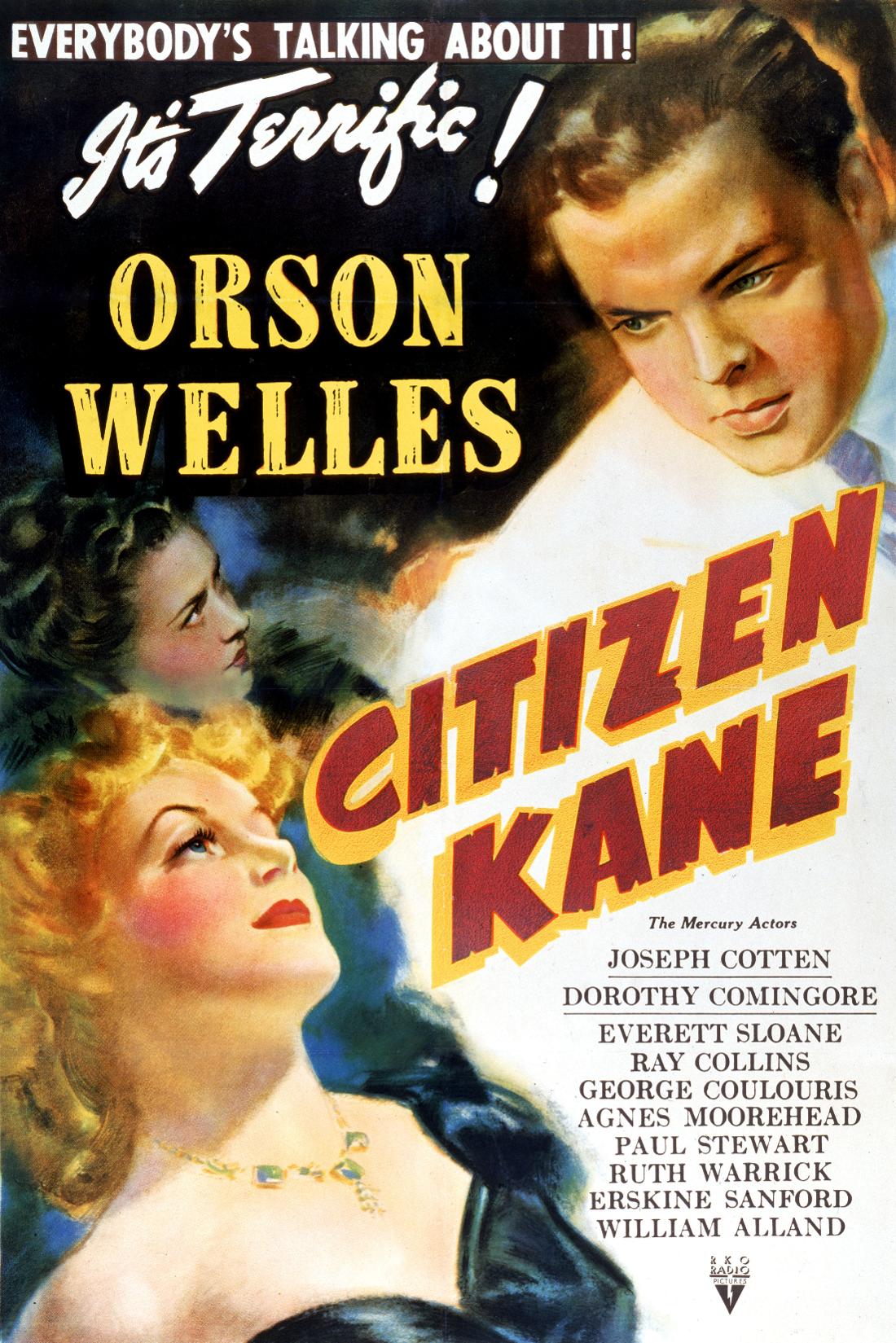
Often hailed as one of the greatest films ever made, Orson Welles’ masterpiece is a study of the life of Charles Foster Kane, a newspaper tycoon whose pursuit of power leads to his ultimate downfall, deeply exploring themes of wealth, control, and the human condition.
Starring: Orson Welles, Joseph Cotten, Dorothy Comingore, Agnes Moorehead, Ruth Warrick, Ray Collins, Erskine Sanford, Everett Sloane, William Alland, Paul Stewart;
Production year: 1941;
Genre: drama;
MPAA rating: pg;
Duration: 119 min.;
Rating: IMDB: 8,3;
More information about the film “Citizen Kane” on the website imdb.com
“Lord of the Flies”, 1990
Director: Harry Hook

Adapted from William Golding's novel, both films depict a group of British boys stranded on an uninhabited island and their disastrous attempt to govern themselves, highlighting the innate human instinct for power and control which leads to chaos and division.
Starring: Balthazar Getty, Chris Furrh, Danuel Pipoly, James Badge Dale, Andrew Taft, Edward Taft, Gary Rule, Terry Wells, Braden MacDonald, Angus Burgin;
Production year: 1990;
Genre: thriller, drama, adventure;
MPAA rating: r;
Duration: 90 min.;
Rating: IMDB: 6,4;
More information about the film “Lord of the Flies” on the website imdb.com
“House of Cards”, 2013
Director: James Foley, Robin Wright, John David Coles, Alik Sakharov

Although not a film, this political drama series is a notable exploration of power and manipulation within the context of American politics, following Frank Underwood, a congressman who embarks on a ruthless rise to the top, employing any means necessary to achieve his ambitions.
Starring: Robin Wright, Michael Kelly, Kevin Spacey, Derek Cecil, Jayne Atkinson, Mahershala Ali, Paul Sparks, Neve Campbell, Kate Mara, Corey Stoll;
Production year: 2013;
Genre: drama;
Age: 18+;
Rating: IMDB: 8,6;
More information about the film “House of Cards” on the website imdb.com
These films offer a diverse look at how power and control manifest in various settings, from personal relationships to societal structures, showcasing both the allure of authority and the ethical dilemmas that accompany its pursuit.
In the pantheon of cinema, films centered around themes of power and control have etched themselves into the collective psyche, offering audiences an introspective glance into the complexities and often dark nature of human ambition and authority. These films, from the Machiavellian manipulations seen in “The Godfather” to the dystopian oversight in “1984,” not only captivate with their intricate plots and compelling characters but also provoke profound questioning of societal structures and our places within them. They serve as mirrors, reflecting the multifaceted ways in which power dynamics shape our relationships, societies, and ultimately, our selves. As we journey through these narratives, we are reminded of the delicate balance between control and chaos, power and impotence – leaving us to ponder the true nature of authority and its impact on the human spirit. Thus, films about power and control undeniably hold a significant place in cinematic history, continually challenging both filmmakers and audiences to explore the depths of human motivation and the consequences of our desires for dominance and influence.

